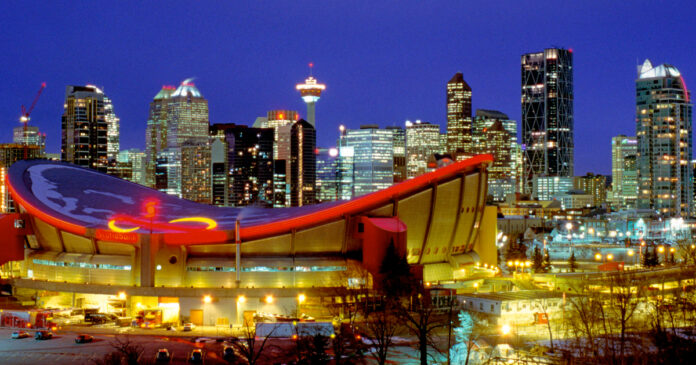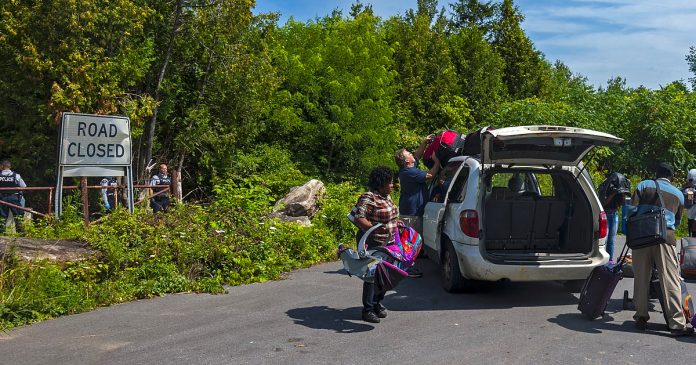Conservative Party of Quebec (PCQ) leader Eric Duhaime is doubling down on his opposition to drag shows for kids being held in public libraries, schools and daycares.
“Had we said five years ago that there would be a debate in Quebec about whether or not children in daycare, kindergarten, or at schools should have classes where they are read stories about gender theory by drag queens. We would have laughed and we would have said that it was a joke. Today, it is the debate” said Duhaime in an interview with QUB Radio host Richard Martineau.
As previously reported by True North, Duhaime came out against drag queen story hours in public libraries on April 6 after the Quebec National Assembly unanimously adopted a motion from the left-wing Quebec Solidaire (QS) party that denounced opposition to the controversial activity.
Duhaime, who is openly gay, said taxpayers should not be funding these events.
Duhaime has since launched a petition titled “Protect Our Children,” which calls on governments to cease all funding for drag shows for children and respect parental consent. PCQ spokesperson Cedric Lapointe told True North on Monday that the petition now has over 40,000 signatures.
The PCQ leader has also discussed the issue on his weekly livestreams with anti-woke transgender woman Michelle Blanc and with a father who says his five-year-old daughter was subjected to a drag queen in her kindergarten class.
Duhaime told QUB Radio that he is not against drag queens, and has been to several drag shows in gay bars. He, however, does not support drag being imposed on children without the consent of their parents.
“When you bring (drag queens) into schools to read gender theories without the consent of parents, then I’m out,” said Duhaime. He added that gender ideology is political, and should not be taught to kids in schools.
Duhaime also noted that drag is not a gender identity, describing performers as “people who dress up, artists,” and saying the latter has “nothing to do with gays, lesbians and transgender people.” He also said drag queens are not real women, but caricatures of women.
The Conservative leader is also calling out Premier Francois Legault’s Coalition Avenir Quebec (CAQ) for supporting the Quebec Solidaire motion condemning opposition to drag shows for kids, saying they have “fallen into the trap”
“How come (the CAQ) is as woke as Quebec Solidaire,” said Duhaime.
Duhaime also denounced woke activists as intolerant.
“My problem with wokes is not even that they have ideas that I sometimes find stupid, it’s the fact that they want to shut up those who don’t think like them,” Duhaime said. “They are anti-democratic in terms of freedom of expression.”



























